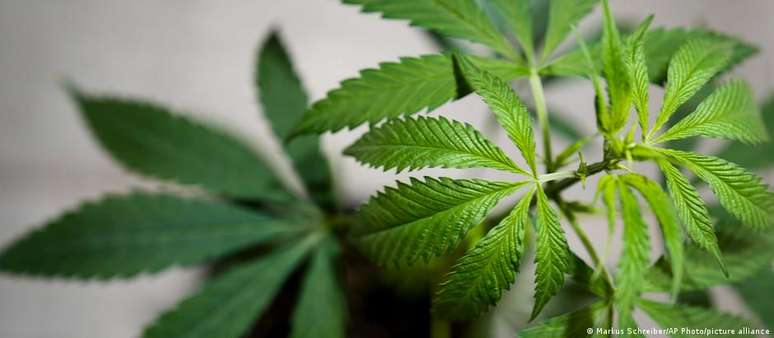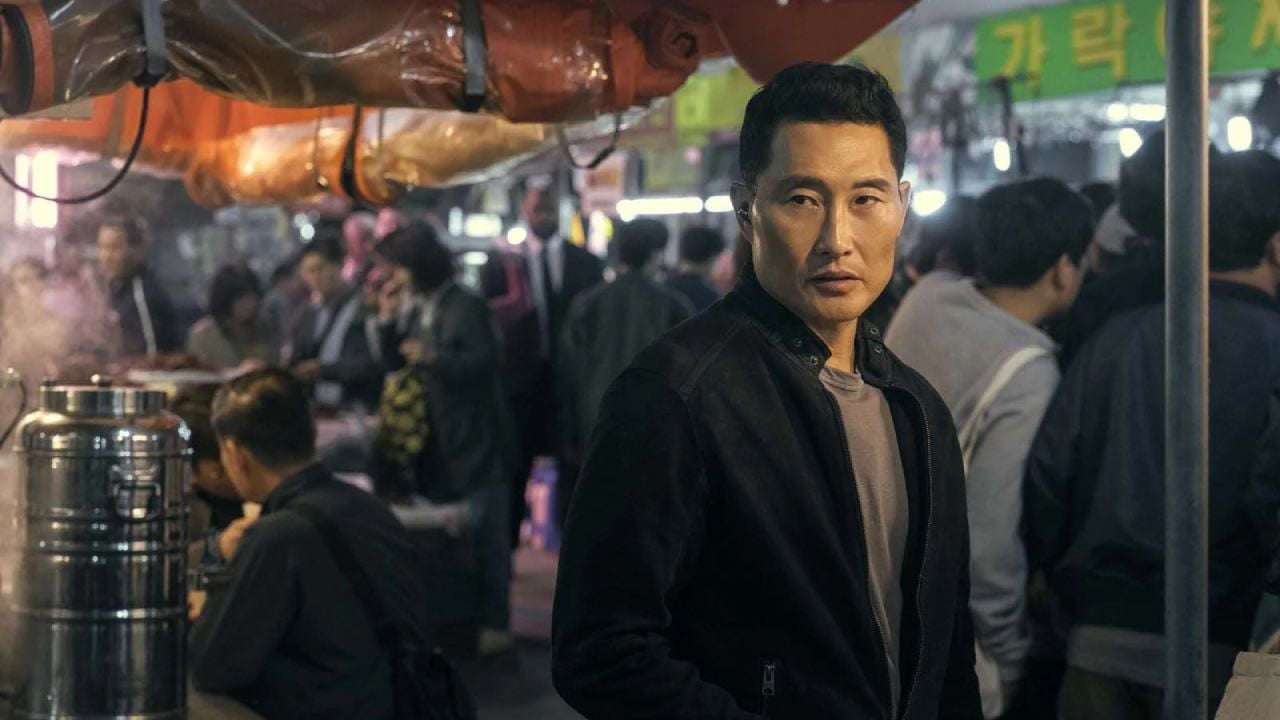Uruguay is not the marijuana paradise you imagine: cultivation, trade and consumption are strictly regulated and limited to residents. For some, a lost business opportunity; for others, one less problem: contrary to what happens in other parts of the world, marijuana is not a major factor in tourism in Uruguay. This is because, according to the legislation that regulates this market, which has just turned ten years old, only local residents can purchase and consume the drug.
Uruguay is now discussing changes to the law to ease such restrictions. In the summer, when the small town receives the greatest number of visitors, the debate over whether to allow the sale and consumption of marijuana by tourists heats up debates on TV and in city bars, and divides residents and government.
“The current regulation works well. Now, if we open it up to everyone, we will become the new Amsterdam,” says taxi driver Angel Daniel, 45, referring to the European capital famous for attracting cannabis tourism.
For waitress Selma Dias, 23 years old, welcoming tourists, especially Argentines and Brazilians, could bring economic benefits. “With the release, we could accommodate many more people, generating many more vacancies in restaurants and bars, and resulting in a boost to the economy as a whole.”
How is cannabis managed in Uruguay?
Uruguay was the first country in South America to legalize the cultivation, trade and consumption of marijuana. Law 19.172, published by the government of José Mujica on December 20, 2013, began to regulate the market through the Institute of Regulation and Control of Cannabis (IRCCA), which issues all licenses for the production, research and commercialization of the drugs in the country, and also registers users.
Four years after the first approval, the sale of the products in some pharmacies in the country was regulated. “In Uruguay we were able to observe another form of social control of marijuana, in this case the legalization with a strong state bias. It is the State that guarantees and controls the production and also the marketing, fortunately also opening up the possibility of rights individual or private cultivation, through clubs and associations”, explains Júlio Delmanto Franklin de Matos, doctor of history at USP.
Weed prices are set by the government. In February, five-gram packs of the three varieties sold, which differ in the level of tetrahydrocannabinol (THC, the most psychoactive substance in cannabis), increased by up to 8%. The most expensive, Gamma, which has the highest THC level, went from 460 pesos to 500 pesos (about R$63).
Although the list prices are higher than on the illegal market, according to experts, the number of registered users is growing. According to IRCCA data, today there are 66,200 citizens authorized to purchase the drug, approximately double compared to ten years ago, who can purchase it from the 38 authorized pharmacies in the country. Furthermore, home cultivation is permitted for 13,000 people, and the 355 authorized cannabis clubs register 2,000 members.
Currently, to purchase, join clubs or grow your own, you must be at least 18 years old, be a Uruguayan citizen and reside in the country. However, you can only join one of three ways to access the herb. There is no legal access for tourists and immigrants.
Marijuana for tourists
Discussions about cannabis tourism have an economic bias. The country of 3.5 million inhabitants welcomed 3.8 million tourists in 2023 alone, generating revenue of about $1.7 billion, 27% more than in 2022, according to data from the Ministry of Tourism. These numbers explain why the debate over permitting marijuana use continues to resurface in Uruguay.
The bill drawn up by seven deputies of the opposition Frente Amplio was presented to the Tourism commission of the Chamber of Deputies and aims to “integrate the current legislation relating to psychoactive cannabis for adult use”.
According to the project, Uruguay would have great potential to develop this activity, as it is a global reference in the marijuana sector: “Our country is an example in the world for its regulatory framework on cannabis”, say the authors. in the additional invoice.
Furthermore, the project continues, the regulated national cannabis market must continue to advance compared to the deregulated one and, to this end, a reform of the legislation is necessary. “One of the main factors appears to be the lack of access to cannabis for tourists who visit the country year after year, many of whom believe they can legally access this product, and who discover, surprisingly, that we cannot manufacture it.”
Speaking to the local newspaper El País, Remo Monzeglio, undersecretary of Tourism and member of the National Council on Drugs, defended the need for universal consumption, allowing anyone to buy weed, eliminating the need for registration. However, he stressed that there are still points to be discussed, and therefore there is no expectation of change.
Disagreements in the streets and in politics
While deputies and members of President Luis Lacalle Pou’s government discuss the project, on the streets of the main centers, such as Montevideo and Punta del Leste, it is easy to find divergent opinions among residents.
Roberto Mata, a 75-year-old pensioner, says that the economic advantage brought by the liberation would be insignificant compared to the problems: “What’s the point of increasing the number of tourists, if they will come in their thousands without much money, just to smoke?” drug cigarettes and leave, leaving nothing good for the country?”
For hotel manager Juliete de la Cruz, 34 years old, the statement would only make official something that is already happening: “We already have news of people coming to Uruguay just for this reason. When we publish it, we will simply make it official, also taking advantage to earn more with another aspect of tourism in the country.”
According to Rosario Queirolo, professor of the Social Sciences department of the Catholic University of Uruguay, the divergence found in the streets is the same as that found in the government. According to her, there is no consensus within the governing coalition on the need to approve the project, which is even more evident in an election year.
“Within the multicolored coalition that governs, there are people who are in favor of this issue, but it is a very diverse coalition, with multiple right-wing parties that also have people who are against it. So I believe that public policy changes need to be made The passage in Parliament will end in this year which is an election year”, predicts Queirolo.
For the professor, however, the discussion goes beyond the simple release or not, implying accepting that consumption also exists today: “Currently tourists find drugs – both on the totally illegal market and on the one where production is legal – but not trade. So the idea is to really bring these tourists into the legal market, with its regulations and taxes.”
Source: Terra
Rose James is a Gossipify movie and series reviewer known for her in-depth analysis and unique perspective on the latest releases. With a background in film studies, she provides engaging and informative reviews, and keeps readers up to date with industry trends and emerging talents.






-uv5u2g4fc853.png)

